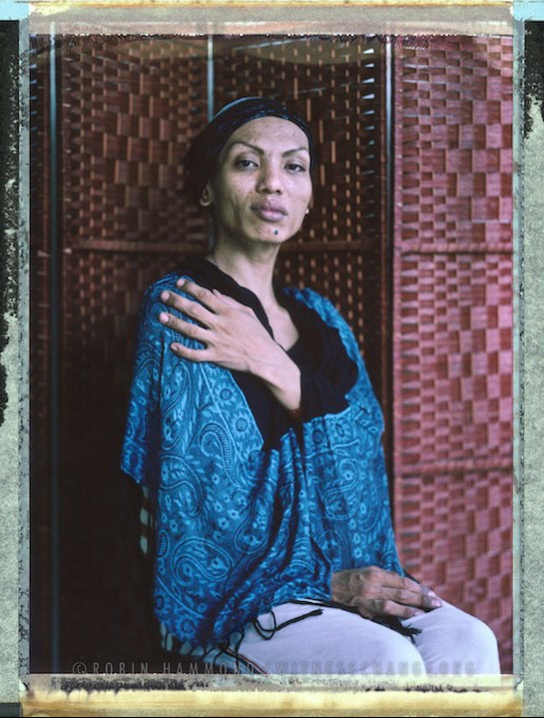Mimi / Malaysia
“Assalamualaikom, and good day to fellow readers. My name is Mimi and i’m a Mak Nyah (transwoman).
I’m from Kuala Lumpur. When i was early 20s i started to mix around with other Mak Nyah (transwomen) and always socialize with others especially at night.
I started to involve as a sex worker initially just for fun, then i get serious and working full time. At first everything is fascinating, i get so many customers and my life was quite luxurious.
I always go shopping and fulfill my every needs. At that time life is so perfect but ‘the sky is not always bright’. After 6 months working in the streets i was caught by the religious authority (JAWI) in KL. But i didn’t give up easily and still keep on working doing sex work on the streets. Now after 10 years, i’m still doing sex work, a lot of sweet & bitter moments that i’ve been through and also living in Malaysia, Mak Nyah (transwomen) community were always look down and judged by the society and also associated with many negative things.
I hope one day i can come out from this vices and change. Eventhough i’m a Mak Nyah (transwoman), i just want a decent life like others in the society. My hope and wish is that the Mak Nyah (transwomen) community in Malaysia will be respected and look upon by all groups in the society and are not sidelined.”





Take care love
Hi, Mimi. Me from Malaysia. But I am straight. It’s really sad that you have to face all the challenges in life. Yes, our society and community against ‘mak nyah’. But, not all will look down on you. Yes, there is people who don’t understand you. But I believe as a Muslim we don’t thought to hate other people especially our brothers and sisters. You just need a someone who can listen, to you. Hope is everywhere. Just sit, take ablution, and make a pray. Ask for forgiveness and guidance from Allah. He will listen to you and send you a good people to walk along your journey. Real Muslim will love you and help you. I think you know well safiey illias. He proved it. See, how many people that love him after he try his best. May Allah always be with you. And please Don’t give up.
Take care and best of luck to you with the challenges you face in this world. Thank you for sharing your interesting Story of hope for Mak nyaH people.